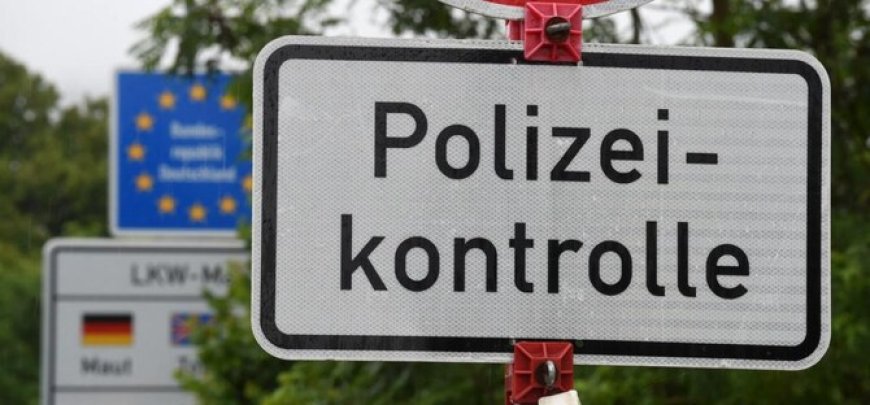Germany increases border restrictions to slow down immigrant arrival

Beginning Monday, Germany will increase its border restrictions and implement policies covering all nine of its neighbors to combat growing irregular migration. The action follows a string of extreme attacks raising public alarm and supporting the far-right Alternative for Germany (AfD) party more widely.
Announced by Interior Minister Nancy Faeser, the six-month interim measures seek to address criminal activities, irregular migration, and extremist concerns. At land crossings, temporary buildings and spot checks will be used; federal police will monitor implementation.
Germany previously has restrictions in place along its borders with Poland, the Czech Republic, Austria, and Switzerland; the latest actions will now cover borders with France, Luxembourg, the Netherlands, Belgium, and Denmark. Though visitors are urged to carry identification, Faeser reassured the public that the government would work with surrounding nations to avoid disturbance.
Members of the EU have expressed worries about the ruling; Poland, Austria, and the European Commission caution that such actions should only be taken in very rare cases. Tightening internal EU borders, according to critics, might shift the load to periphery nations where many migrants first arrive.
Particularly following recent extreme events such a fatal knife frenzy in Solingen, Germany has been under increasing political pressure to improve its immigration policies. Chancellor Olaf Scholz's government is under further demand to tighten immigration policies as national elections draw near next year. Scholz underlined the need of streamlining deportations for people who do not qualify for asylum even as he signed a migration agreement with Uzbekistan to bring workers to Germany.
Germany, which has welcomed more than a million asylum seekers since 2015—many of them Syrians and Ukrainians—is severely taxing its local services. While some nations, like the Netherlands, are implementing tougher policies of their own, others, including Austria, Poland, and Hungary, have expressed criticism to Germany's stance as discussions over migration policy get more heated throughout Europe.













































